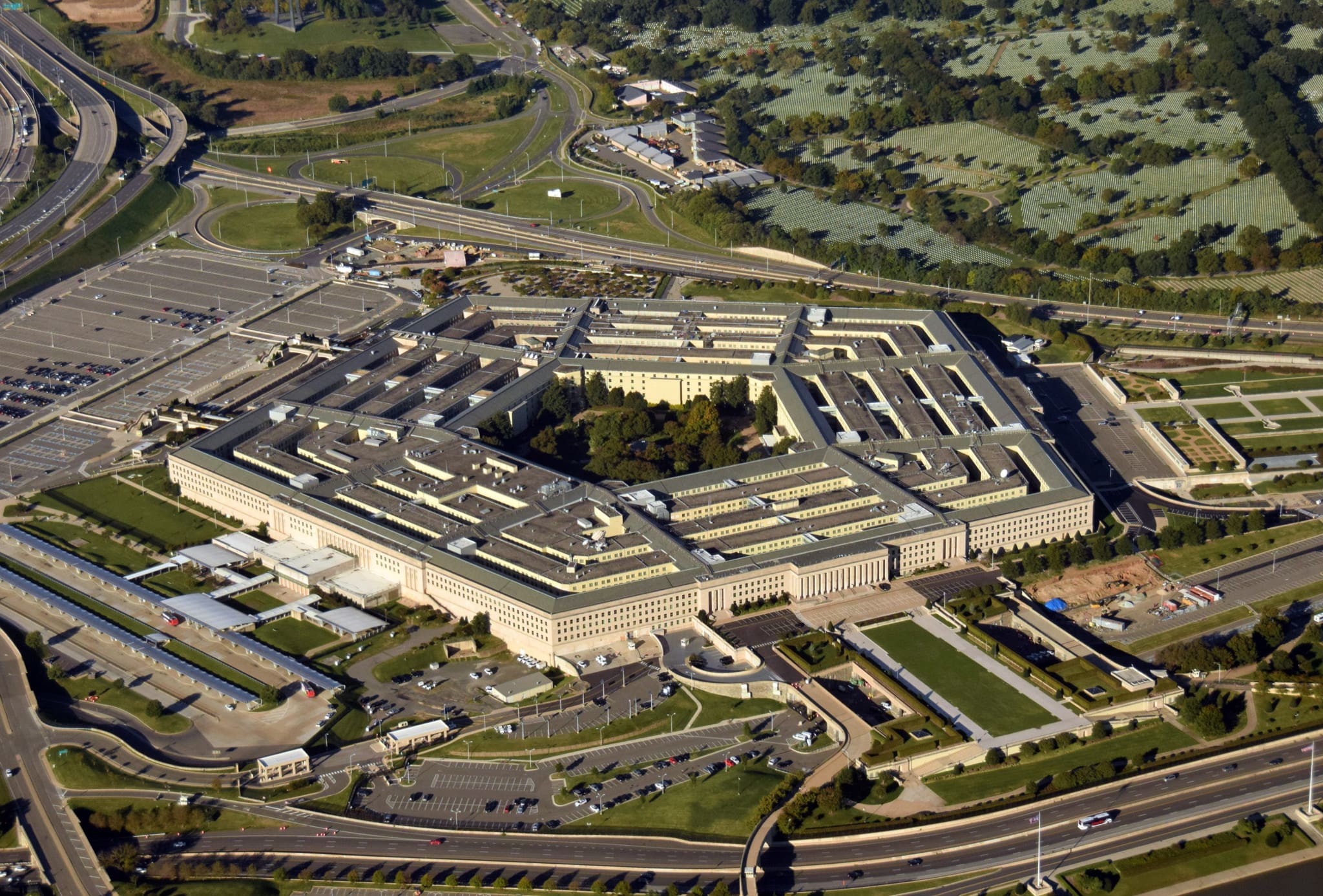US intelligence services believe that an offshoot of the Islamic State in Afghanistan (ISIS-K) intends to attack the United States and will be able to do so in about six months, Under Secretary of Defense Colin Kahl told US lawmakers. He noted that he was not sure whether the Taliban movement, which had taken over Afghanistan this year, would be able to intervene against ISIS-K.
According to Reuters, Kahl’s remarks are a sign that the situation in Afghanistan raises serious security concerns in Washington as the US and other NATO countries chaotically withdrew troops from the country in the summer after two decades. Biden’s failure to plan ahead, the military’s failure to predict the collapse of the country in such a short time, and the stranding of hundreds of American citizens during the withdrawal, has led the debacle to be labeled perhaps the biggest US foreign policy disaster in the modern era.
The radical Taliban movement is fighting the local branch of the Islamic State as Islamist attacks undermine the Taliban’s efforts to restore order after the withdrawal of international troops. However, Kahl told the Senate Armed Services Committee that he was not sure whether the Taliban could take effective action against ISIS-K.

“It is our assessment that the Taliban and ISIS-K are mortal enemies. So, the Taliban is highly motivated to go after ISIS-K. Their ability to do so, I think, is to be determined,” Kahl said, adding that Islamists have several thousand militants in their ranks.
According to Reuters, Kahl also indicated that the situation around the al-Qaeda terrorist network is more complex. In the past, the Taliban have provided refuge to its fighters, which was the core reason the United States invaded Afghanistan after the 9/11 terrorist attacks.
According to experts, the Taliban still maintains relations with al-Qaeda. In an agreement with the United States, however, it pledged not to allow attacks against the United States or its allies to be carried out from Afghanistan. But Kahl told the committee that it would probably take a year or two for al-Qaeda to regenerate the capability to launch attacks outside of Afghanistan against US targets.
The chaotic departure of US troops from the country was overseen by President Joe Biden, who recorded a major decline in approval that has remained consistent as other issues, such as inflation, begin to wear on Americans. Following the withdrawal from Afghanistan, Biden said the US would continue to conduct covert operations in the country to detect potential threats in a timely manner.
The Biden administration has also been accused of overseeing what critics have called a potential war crime. After an ISIS-K suicide bomber killed 13 US troops at Kabul Airport during the withdrawal, the administration claimed it had killed one of the organization’s leaders with a drone strike the following day. The US drone attack turned out to have murdered an entire family that had nothing to do with terrorism, according to a report from the New York Times. The attack underlined how the lack of US intelligence capabilities coupled with a Biden administration looking to quickly save face after a devastating terrorist attack could lead to disaster.
Kahl noted that the goal of US operations is to disrupt the functioning of ISIS-K and al-Qaeda so that they will not be able to launch attacks on US targets. However, according to Reuters, US officials warn that these efforts are very difficult without soldiers in the country. The US sends drones to Afghanistan from bases in the Persian Gulf, but according to Kahl, none of Afghanistan’s neighbors have yet agreed to allow US counter-terrorism operations set up a base on their territory.





